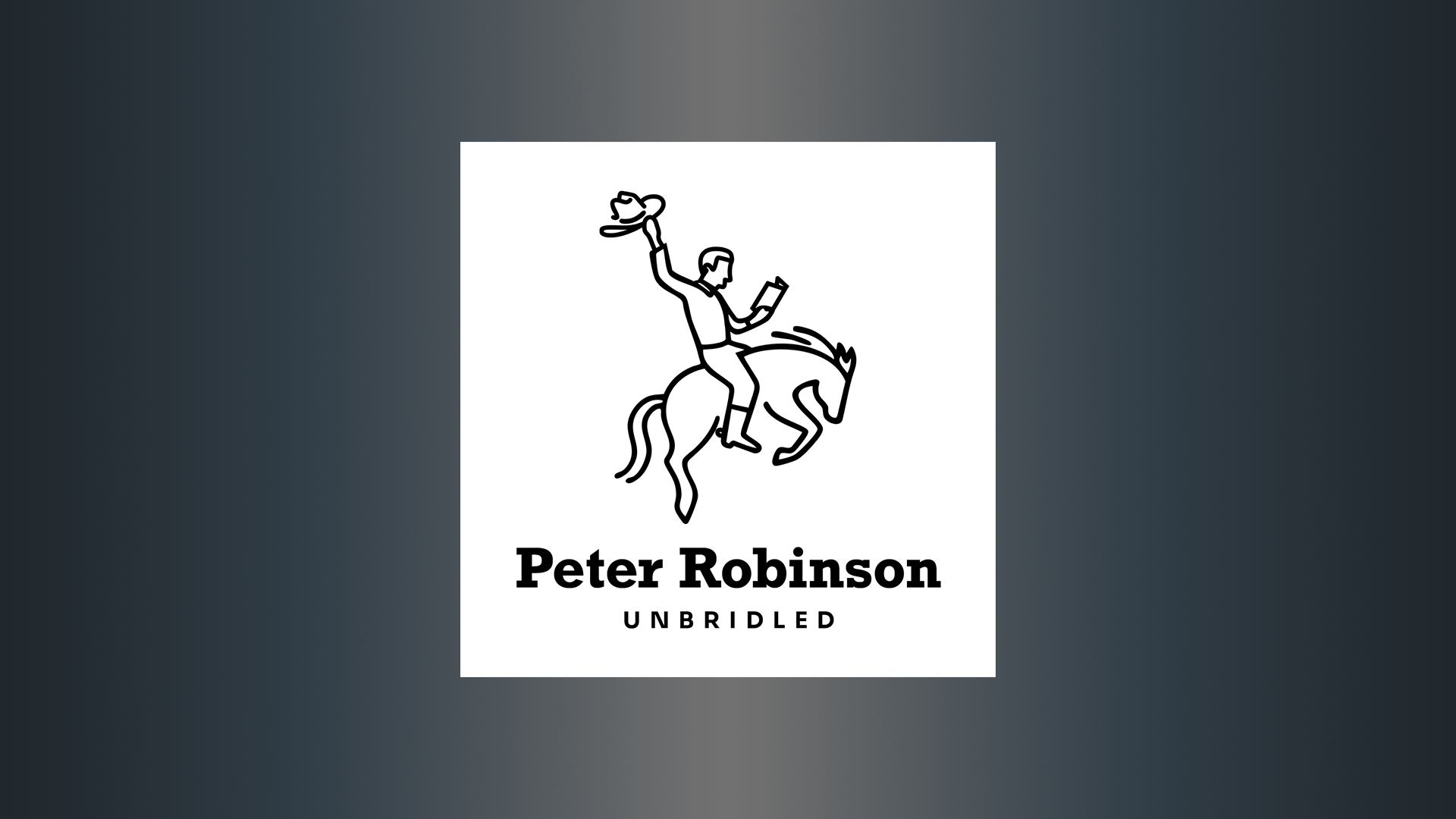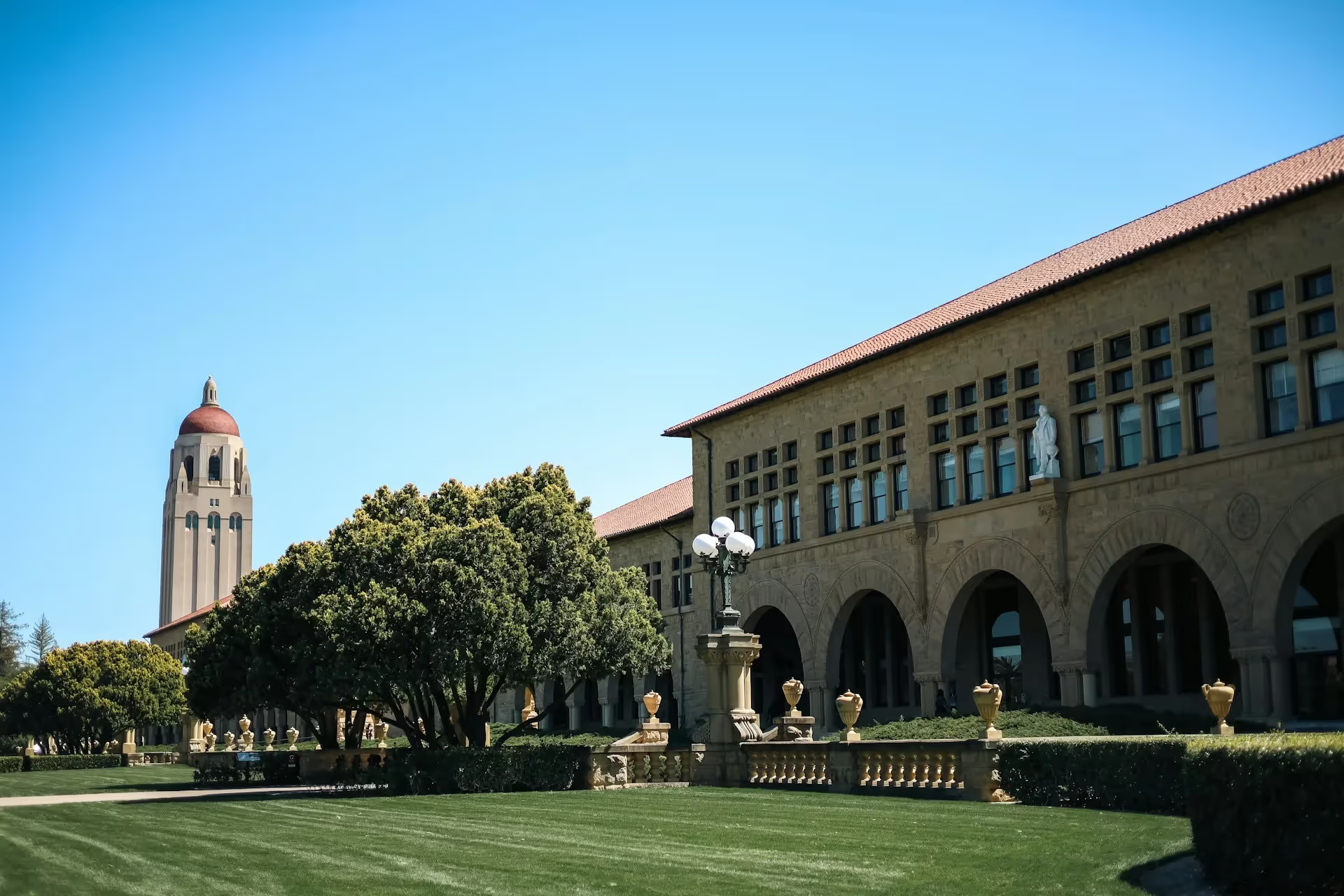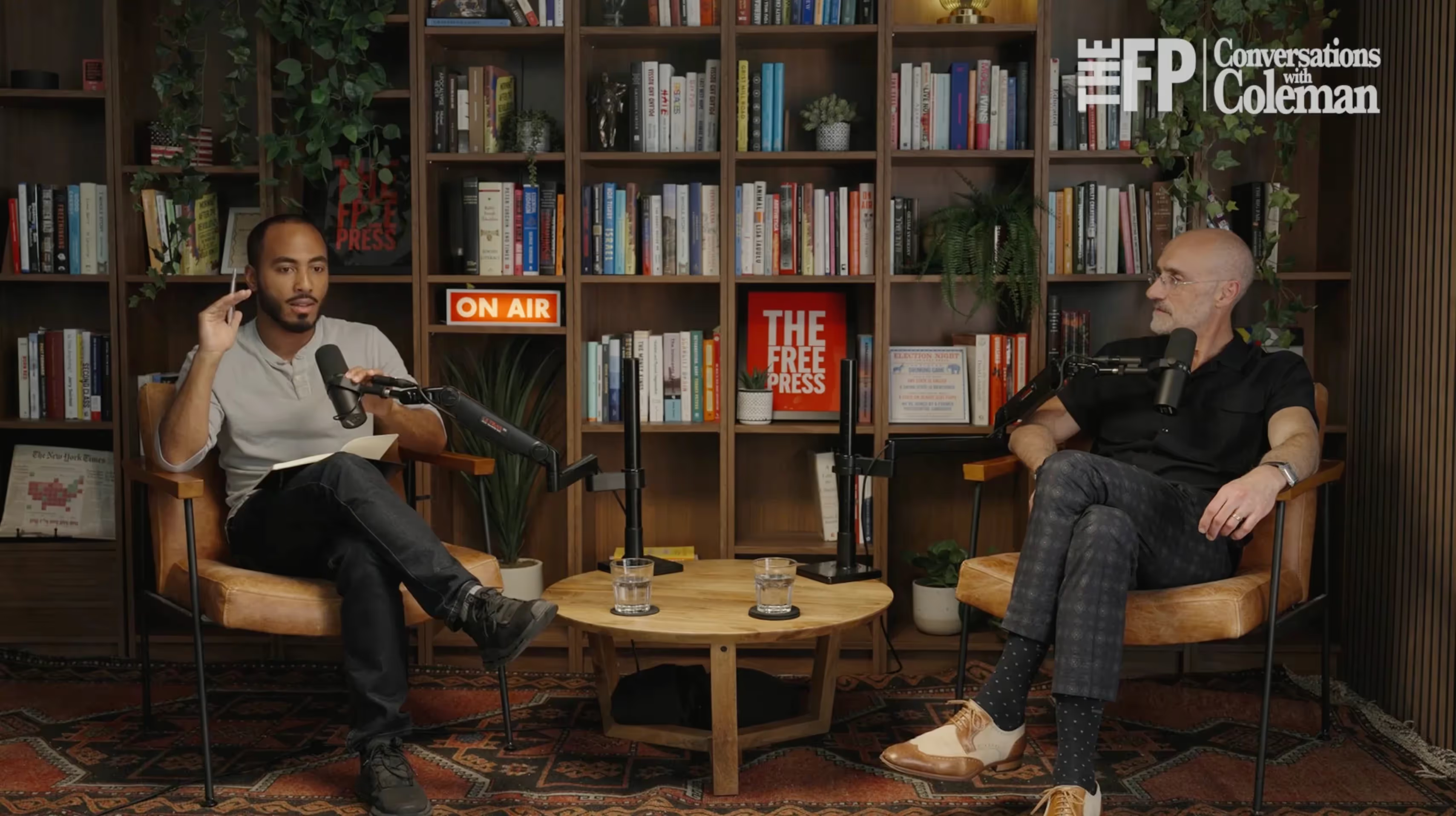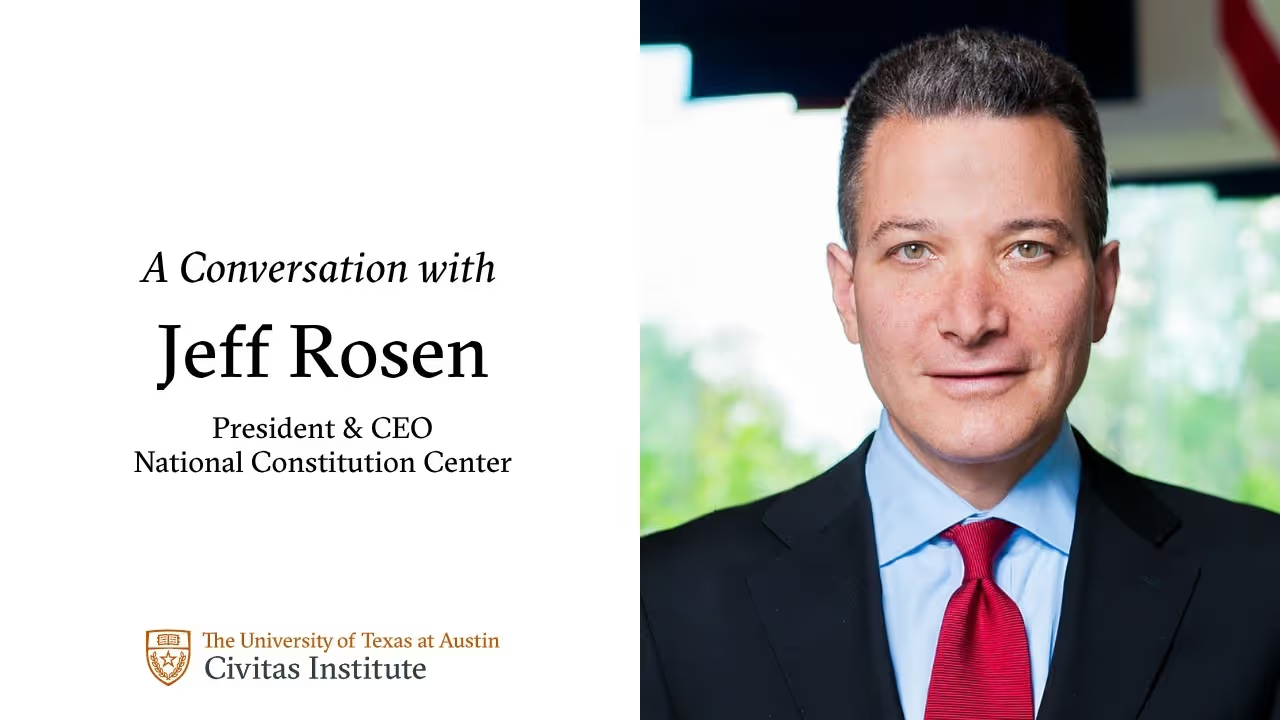
The Crisis of Friendship
How did liberalism write out friendship?
British historian Alan Bray’s 2006 book The Friend reminds us that friendship was not always as underappreciated as it seems to be today. He tells the story of a long-forgotten Christian ritual that established “spiritual kinship,” or what might be described as a marriage of friends. Dating back at least to the twelfth century, this rite was publicly performed and officially recorded by priests in churches. It bound two souls for eternity, while also imposing responsibilities and carrying material consequences regarding inheritances.
Today the idea of a government “friendship license,” or even formal recognition of friendship by religious authorities, seems risible. Indeed, Bray demonstrates how robust and traditional norms of friendship once taken for granted slowly decayed with the rise of liberalism. As the modern secular state became the primary if not the sole source of legitimate authority, it became the umpire of human relationships. But much like the political philosophy from which it arose, the liberal regime dismissed friendship as fundamental to a life well lived.
Meanwhile, 300-or-so years since the last spiritual kinship ritual was performed in the West, loneliness has been acknowledged as a society-wide crisis. It has become so widespread in liberal democracies as to earn the reviled status of an epidemic. As documented in a 2023 advisory from the U.S. Surgeon General, recent decades have seen a sharp increase in single-person households and a corresponding decrease in the number of close friendships and time spent with friends; millions of Americans now spend the majority of their waking hours alone. But one doesn’t need to be isolated to feel lonely—many Americans feel that way despite having scores of so-called friends.
Pursuit of Happiness
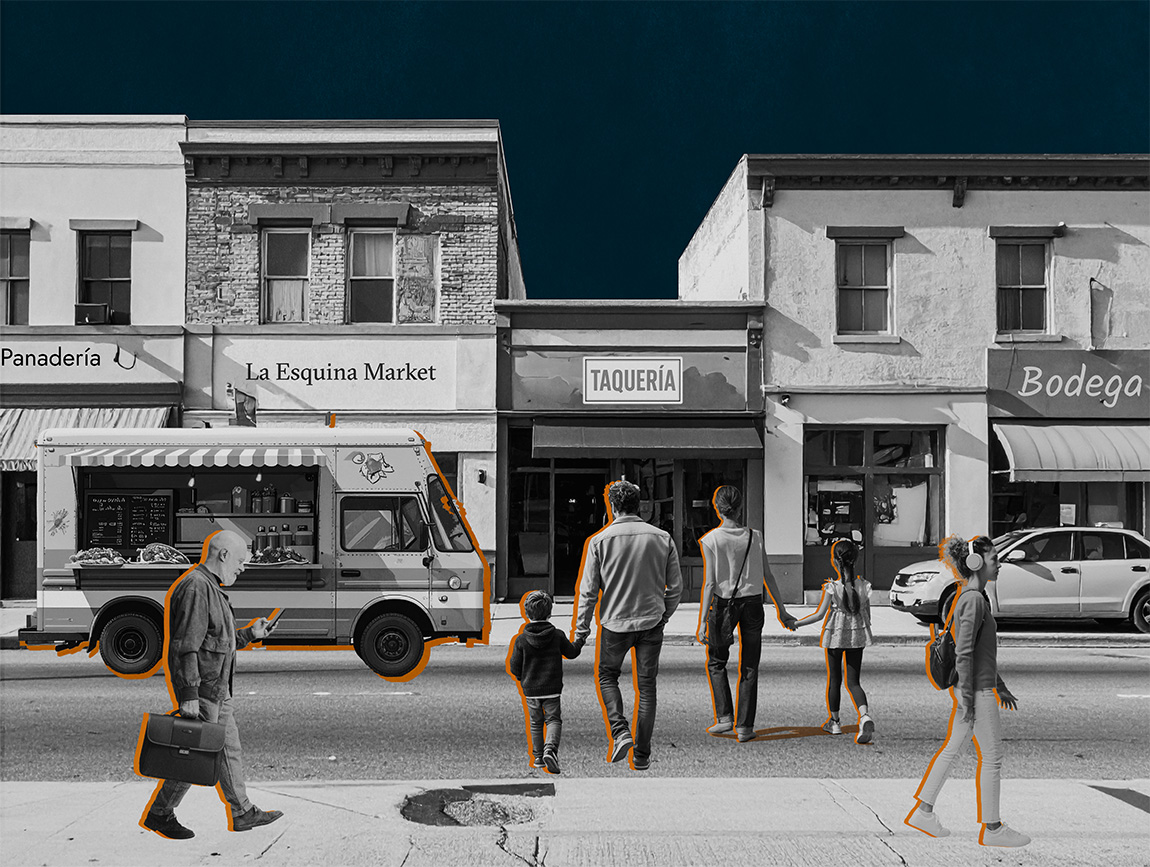
The Rise of Latino America
In The Rise of Latino America, Hernandez & Kotkin argue that Latinos, who are projected to become America’s largest ethnic group, are a dynamic force shaping the nation’s demographic, economic, and cultural future. Far from being a marginalized group defined by oppression, Latinos are integral to America’s story. They drive economic growth, cultural evolution, and workforce vitality. Challenges, however, including poverty, educational disparities, and restrictive policies, threaten their upward mobility. Policymakers who wish to harness Latino potential to ensure national prosperity and resilience should adopt policies that prioritize affordability, safety, and economic opportunity over ideological constraints.
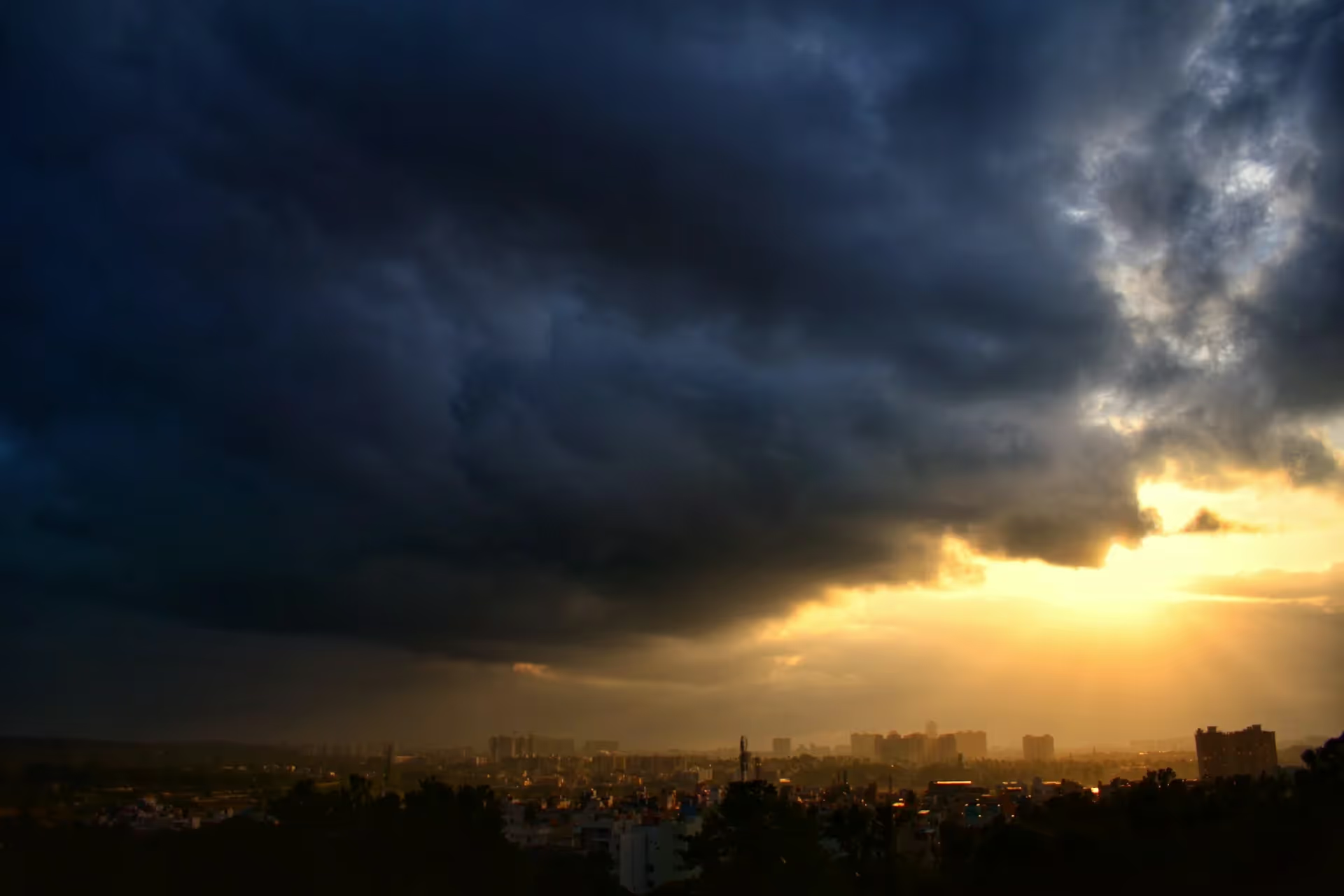
Exodus: Affordability Crisis Sends Americans Packing From Big Cities
The first in a two-part series about the Great Dispersion of Americans across the country.
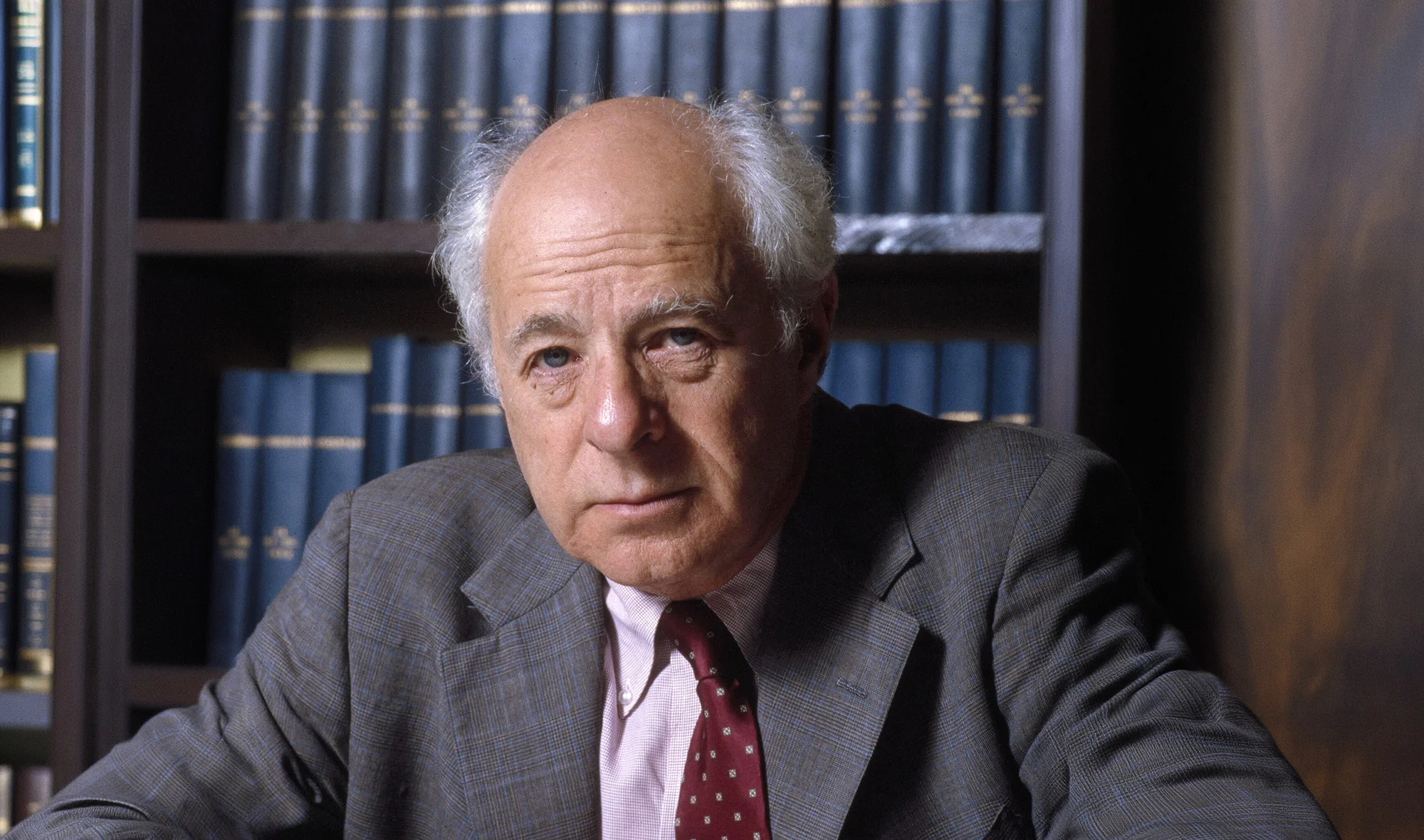
Norman Podhoretz: American Patriot, Faithful Jew, and Indomitable Defender of Civilization
Podhoretz never turned on the promise of America.
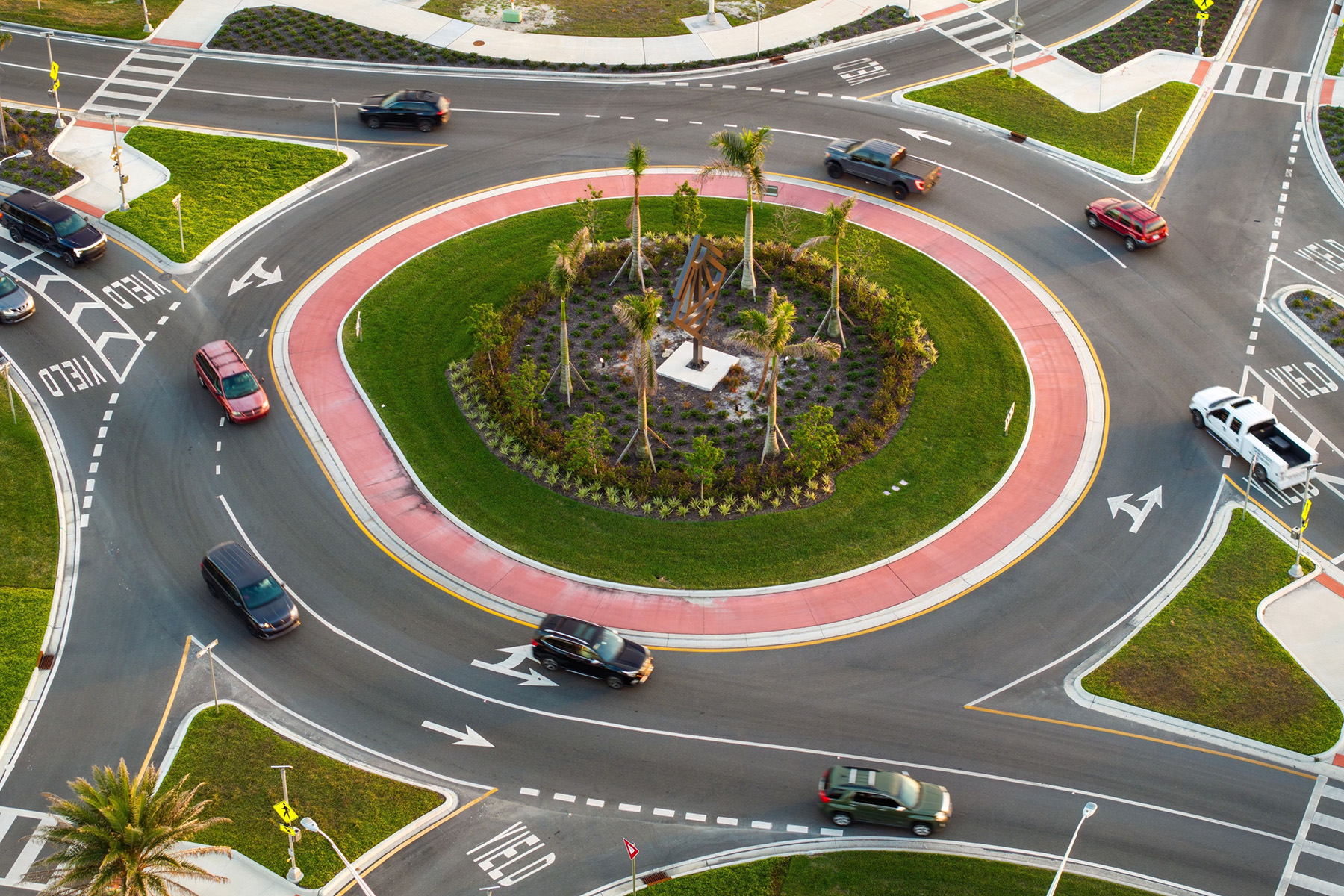
America’s Roundabout Revolution
Increased implementation of the roundabout would prove beneficial to the United States.




